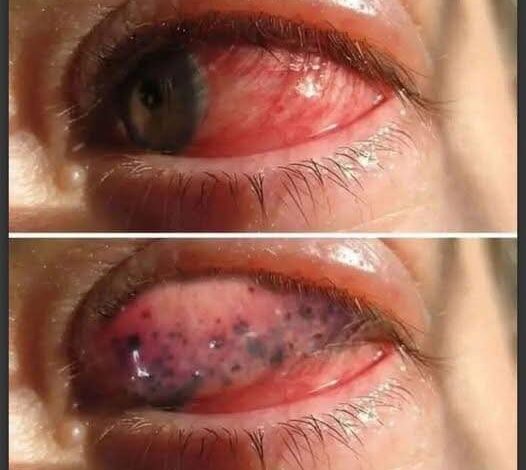Understanding Oral Cancer: Early Detection and Prevention

Types of Oral Cancer
Oral cancer can develop in various parts of the mouth, including:
- Lip cancer – affecting the outer or inner lip tissue
- Tongue cancer – occurring on any part of the tongue
- Buccal cancer – developing in the inner cheek lining
- Gingival cancer – affecting the gum tissue
- Floor of mouth cancer – occurring in the lower oral cavity
When to Seek Professional Care
Immediate consultation is recommended when you notice any persistent oral symptoms that last more than two weeks. Early detection significantly improves treatment outcomes for oral malignancies.
Professional Dental Screening Guidelines
Dental professionals recommend comprehensive oral examinations at least twice annually. During these visits, your dentist will:
- Examine all oral tissues for abnormalities
- Check for early warning signs
- Provide personalized risk assessment
- Recommend appropriate follow-up care if needed
For specialized care, patients may consult with oral cancer specialists like Dr. Sajjan Rajpurohit.
Understanding the Challenge of Early Detection
Silent progression characterizes the initial stages of oral cancer. Many cases remain asymptomatic during crucial early phases, making regular professional screening essential.
High-Risk Population Guidelines
Individuals with elevated risk factors should maintain increased vigilance:
- Tobacco users (smoking, chewing, or other forms)
- Regular alcohol consumers
- Combined tobacco and alcohol users (significantly higher risk)
These individuals benefit from more frequent dental evaluations and should discuss personalized screening schedules with their healthcare providers.
Key Takeaways
- Regular dental checkups are your first line of defense
- Early-stage oral cancer often shows no symptoms
- High-risk individuals need enhanced monitoring
- Professional evaluation is essential for any concerning symptoms
- Prompt medical attention improves treatment success rates
This information is for educational purposes. Always consult qualified healthcare professionals for medical advice, diagnosis, or treatment.